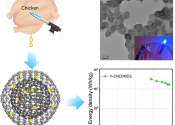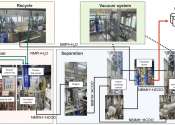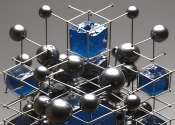Hydrogen flight looks ready for take-off with new advances
The possibility of hydrogen-powered flight means greater opportunities for fossil-free travel, and the technological advances to make this happen are moving fast. New studies from Chalmers University of Technology, in Sweden, ...
Jul 11, 2024
0
58









